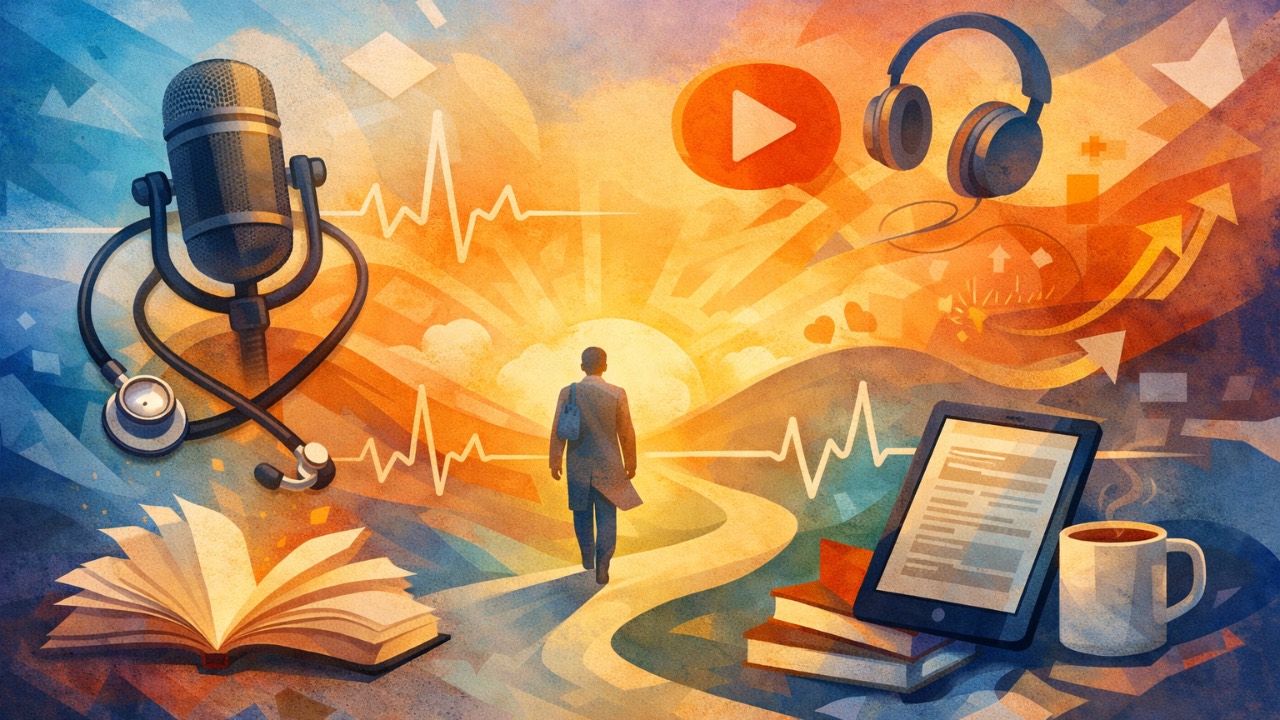Practicing Medicine is Supposed To Be Hard
How many times have you heard that statement (or something similar)? It makes me chuckle when I hear it because it is usually uttered by a baggy eyed, scrub clad, coffe drinking doctor in the back of a room full of physicians.
Newsflash: every physician knows medicine is challenging.
That challenge is one of the reasons we applied to medical school. Physcians embrace challenge. Here's the thing that people miss when they make statements like this:
Practicing medicine should also be sustainable.
This week's blog explores the difference between stress and burnout. Feeling stressed and the resulting physiological responses allow us to do great things. Moments of stress and challenge are part of being a physician.
Feeling stressed all the time is not normal.
Burnout is state of chronic exhaustion that develops when stress becomes overwhelming and prolonged. Chronic stress and burnout make practicing medicine unsustainable, not the inherent challenge of medicine.
The physician mindset and our healthcare system predispose us to burnout. Changing the healthcare system is beyond your control. Changing your mindset is possbile.
Burnout is not the badge of hard work. It’s the wound of a battle you weren’t meant to fight alone.
— Anonymous
Coach's Corner
Here's a different way of thinking about stress and burnout.
Stress is about too much. Too much work, too many demands, too much effort, too much overwhelm.
Burnout is about not enough. Feeling like you are not good enough or not smart enough. There is not enought of you to goa around. You do not have enough time. Not receiving enough support.
With that in mind, take a moment to consider which aspects of your work and life are causing undue stress or contributing to feelings of burnout. Make a list with two columns – one for "too much" (stress) and one for "not enough" (burnout).
- Too Much (Stress): e.g., workload, administrative tasks, on-call hours
- Not Enough (Burnout): e.g., support from colleagues, time for self-care, opportunities for professional growth
Now, try to eliminate one thing on your too much list and increase one thing on your not enought list this week!
Other Resources
I have been slowly increasing content on my You Tube Channel. Check out this week's video:
|
If burnout feels all too familiar or you’re simply looking to build a more fulfilling career, I can help! Book a free coaching consult today, and let’s explore how coaching can help you create a burnout-proof career.
Ben








Responses